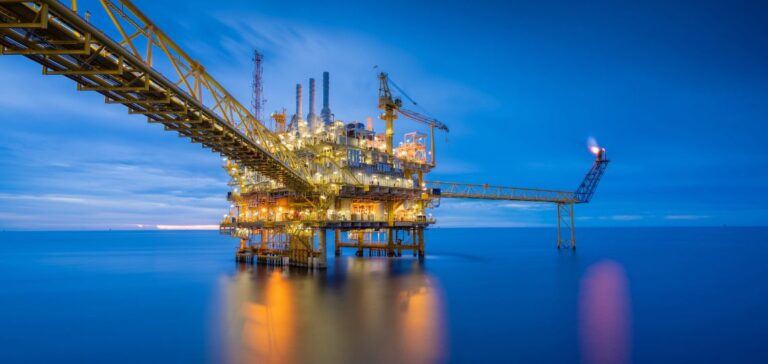Brazil, with its vast offshore oil reserves, is one of the largest oil producers in the world. Most of its production comes from the pre-salt basin, an offshore region known for its rich deposits. However, the Brazilian oil industry, a key sector of the national economy, is facing increasing challenges due to stricter environmental and safety regulations.
Stricter regulations to oversee offshore operations
Brazilian authorities, particularly the ANP (Agência Nacional do Petróleo, Gás Natural e Biocombustíveis), have recently implemented more stringent measures to regulate offshore operations. The new regulations focus primarily on the safety of drilling and production facilities in response to several major incidents, including oil spills. These measures also aim to limit the environmental impact of oil activities, particularly in sensitive areas, which could result in additional costs for companies operating in the country.
Impact on costs and project timelines
Safety requirements have been tightened, with more frequent inspections and increased monitoring of production sites. Delays in developing new offshore fields have been reported, particularly in pre-salt projects, due to the enforcement of these new requirements. Companies such as Petrobras, the state-owned oil firm, as well as international corporations, now have to comply with stricter standards, increasing their operational costs and potentially slowing the sector’s expansion.
Uncertainty for foreign investors
The recent regulatory measures have raised concerns among foreign investors, who fear a regulatory environment marked by uncertainty. While some companies have reported slowdowns in their projects, others worry that Brazil’s offshore sector competitiveness could be threatened by these new restrictions. However, despite these challenges, the Brazilian oil sector continues to attract investment due to the profitability of its projects, particularly those located in the pre-salt region.
An attractive industry despite constraints
The strengthened measures have a dual impact: on one hand, they aim to ensure more responsible management of natural resources, but on the other, they risk affecting the industry’s competitiveness. Some industry observers believe these stricter regulations could hinder the growth of new projects in an already highly competitive market, while others argue that these measures are essential to ensure the long-term sustainability of operations. Despite these challenges, Brazil’s offshore oil reserves remain among the most promising in the world.






















